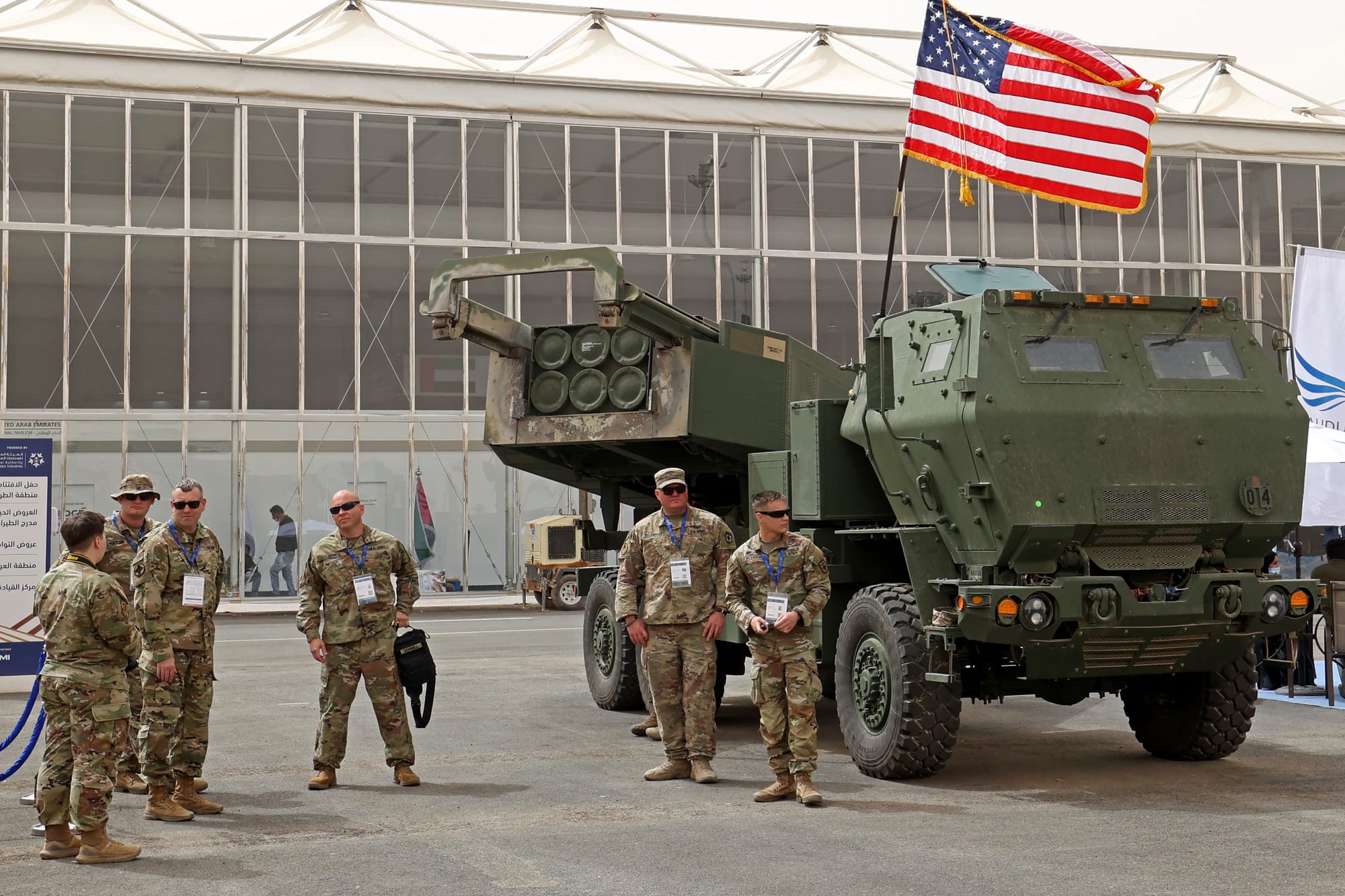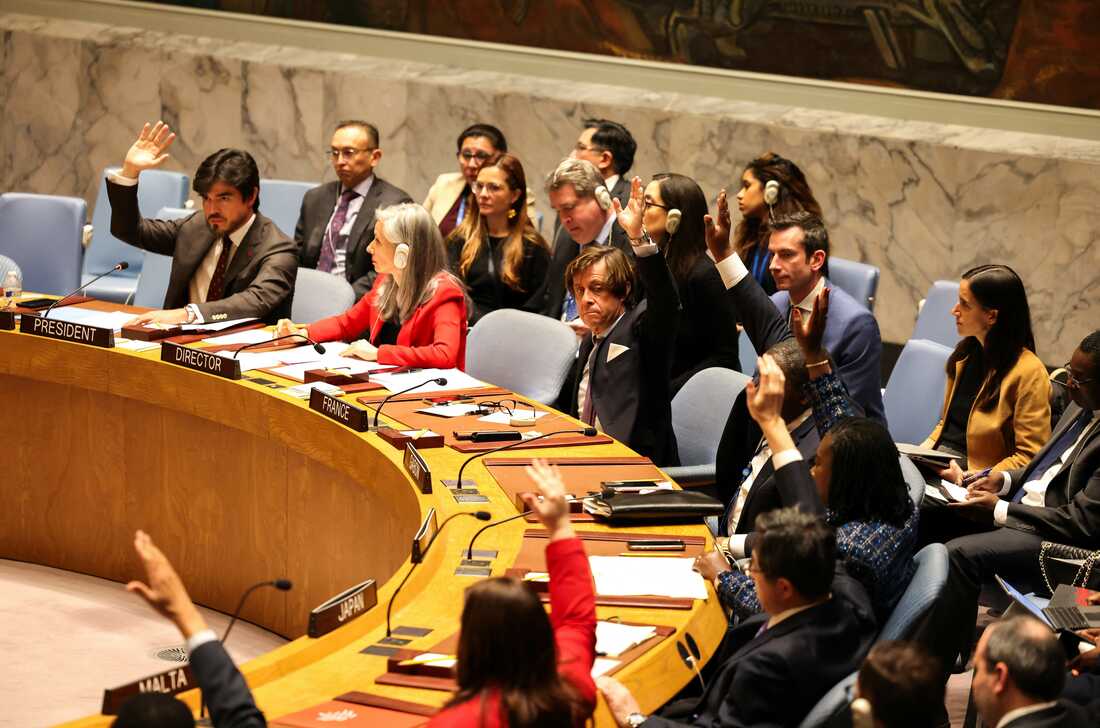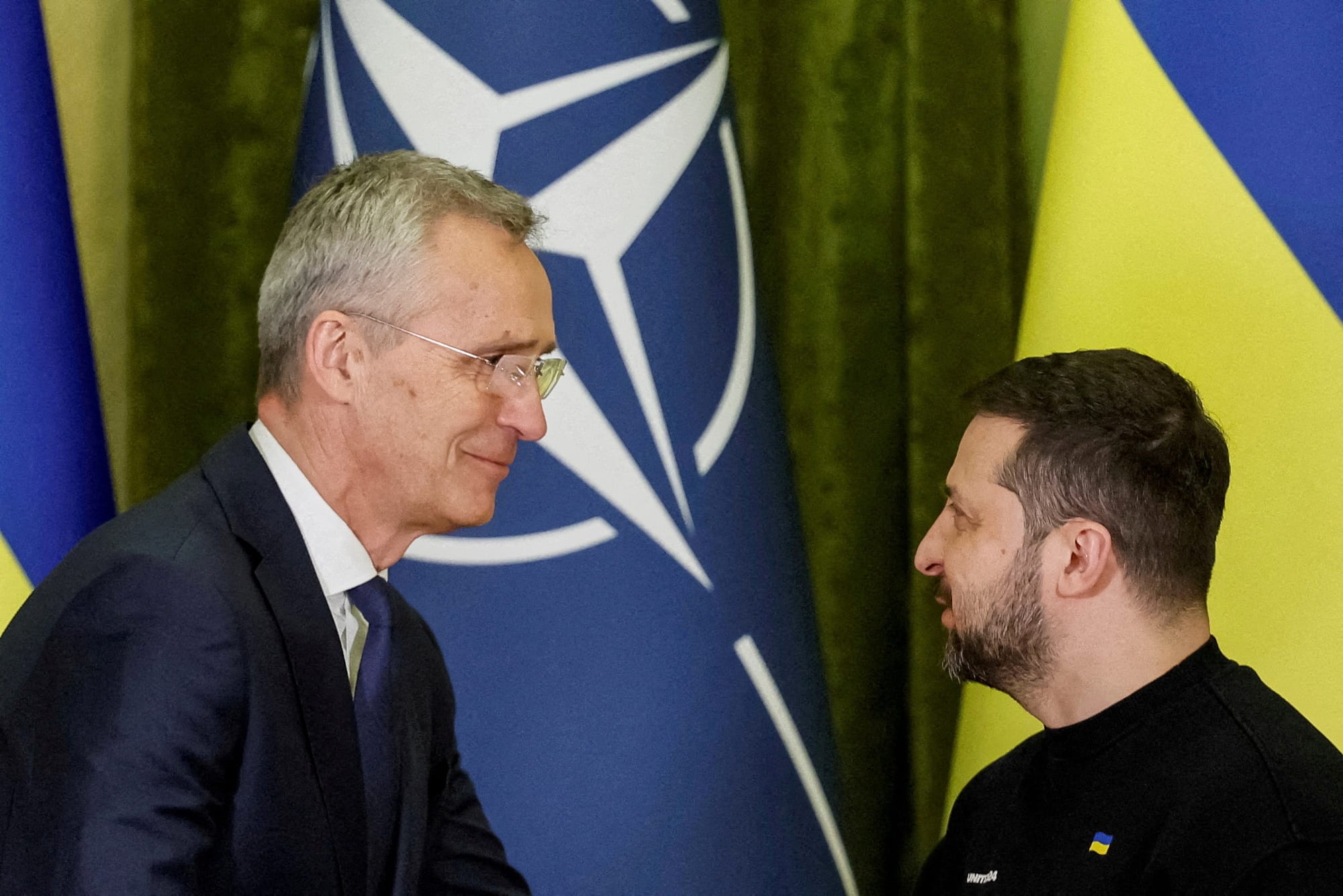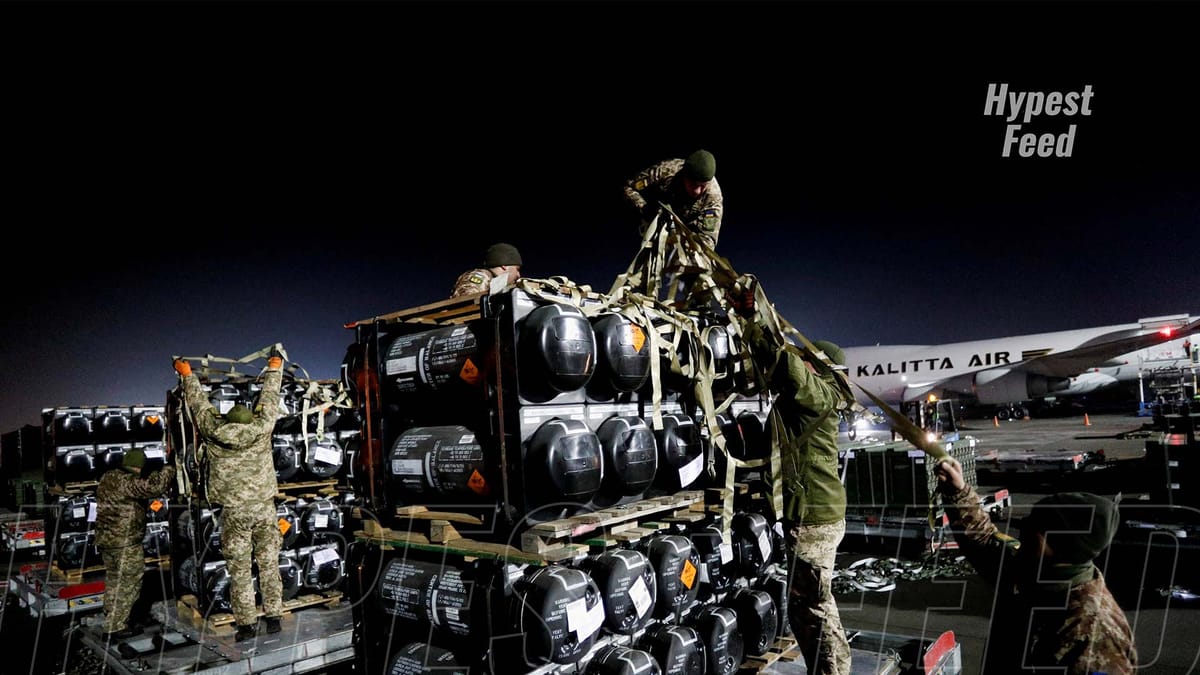NATO is currently engaged in deliberations aimed at establishing a more robust and predictable framework for extending military support to Ukraine over the long term, amidst escalating tensions with Russian forces on the battlefield, announced the organization's top civilian official on Wednesday.
NATO Secretary-General Jens Stoltenberg emphasized the need for a shift away from ad hoc, short-term assistance towards sustained, enduring commitments to bolster Ukraine's defense capabilities. Addressing the press before chairing a meeting of the alliance's foreign ministers in Brussels, Stoltenberg stressed the urgency of the situation given the increasingly assertive posture of Russian troops.

In a bid to bolster its military forces following over two years of conflict, Ukraine recently announced a reduction in the military conscription age from 27 to 25. This move comes amid concerns over depleted infantry ranks and severe ammunition shortages, which have allowed Russian forces to gain momentum on the battlefield.
Stoltenberg underscored the necessity of establishing a formal "institutional framework" to facilitate NATO's support for Ukraine amidst the prolonged conflict. While U.S. Gen. Christopher Cavoli remains NATO's top military commander and head of U.S. European Command, Stoltenberg stressed the need for NATO's coordinated involvement as the conflict persists.

The proposed plan involves NATO assuming coordination of the Ukraine Defense Contact Group, a forum comprising approximately 50 countries that have been instrumental in procuring weapons and ammunition for Ukraine throughout the conflict. While NATO itself does not directly supply weapons to Ukraine, given its consensus-based decision-making process among its 32 member states, the alliance aims to intensify its support efforts by providing non-lethal aid such as demining equipment, fuel, and medical supplies.
Amidst a backdrop of Western reluctance to offer Ukraine full membership or escalate tensions with Russia, NATO seeks to enhance its support role while avoiding direct involvement in the conflict. The forthcoming summit in Washington in July is expected to endorse the new plan, which will see NATO coordinating military support efforts, assessing Ukraine's needs, collecting pledges, and facilitating meetings among member states.

While financial details of the multi-year plan remain undisclosed, speculations suggest a potential allocation of up to $100 billion, though Stoltenberg declined to confirm these figures. Western pledges of support to Ukraine have previously been marred by unfulfilled promises, including delays in financial aid and insufficient military assistance, highlighting the challenges of navigating geopolitical complexities amidst ongoing hostilities.
Belgian Foreign Minister Hadja Lahbib cautioned against overcommitting to financial pledges for a proposed $100-billion fund, emphasizing the need for further deliberation before determining Belgium's contribution. Lahbib stressed the importance of prudence in making promises, highlighting the complexities involved in allocating resources to support Ukraine amidst ongoing geopolitical tensions.
NATO Secretary-General Jens Stoltenberg echoed Lahbib's sentiments, urging Congress to expedite the passage of a supplemental spending bill containing approximately $60 billion in military aid earmarked for Ukraine. Stoltenberg emphasized the critical nature of timely financial support, warning that the prolonged delay in providing assistance could have dire consequences on the battlefield.
Stoltenberg underscored the impact of resource shortages on Ukraine's ability to defend itself against Russian forces, noting the necessity for rationing artillery shells due to inadequate supplies. He highlighted the asymmetrical power dynamics, wherein Russian troops possess superior military capabilities, including a surplus of ammunition and artillery, placing Ukrainian forces at a significant disadvantage.
The urgency of securing adequate resources to bolster Ukraine's defense capabilities was emphasized by Lahbib and Stoltenberg, reflecting the pressing need for concerted international efforts to support Ukraine amidst escalating hostilities. As deliberations continue regarding financial commitments and military aid, stakeholders are faced with the challenge of balancing strategic imperatives with practical considerations to effectively address the evolving security landscape in the region.



Member discussion: